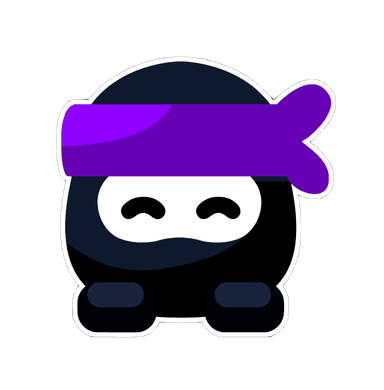Understanding the Challenge of Math AA
IB Mathematics: Analysis and Approaches (AA) is rigorous by design. It dives into functions, calculus, algebra, and trigonometry in depth—making it a top choice for students headed into STEM, economics, or quantitative fields.
Compared to AI, Math AA demands:
- Strong algebraic fluency
- Abstract thinking
- Efficient problem-solving—especially under exam pressure
That’s why studying smartly and managing stress is just as important as mastering math content.
Start with a Study Mindset, Not Just a Schedule
Studying without stress begins in the mind. Many IB students fall into perfectionism, overstudying, or burning out trying to “learn everything.”
Instead, aim for:
- Progress over perfection: Celebrate improvement, not 100%.
- Fixed study blocks, but flexible tasks: You don’t have to master everything in one sitting.
- Self-compassion: It’s okay to struggle; growth takes time.
Break the Syllabus Into Manageable Segments
The AA syllabus includes:
- Algebra
- Functions
- Trigonometry
- Calculus
- Statistics
- Vectors and Proof (HL only)
🎯 Create a topic map or tracker. Focus on 1–2 topics per week with:
- Concept notes
- 5–10 practice questions
- A quick self-check or quiz
Set Up a Weekly Study Routine That’s Actually Sustainable
Try this low-stress formula:
- Monday/Tuesday: Learn or revise 1 new concept (45 mins)
- Wednesday: Practice past questions (30–45 mins)
- Thursday: Watch a walkthrough or tutorial
- Friday/Saturday: Self-quiz and review mistakes (light, 20–30 mins)
⏰ Keep it short—consistency beats cramming.
Use Active Learning, Not Just Passive Notes
Avoid rereading or highlighting endlessly. Instead:
- Solve problems with no notes open
- Explain a concept out loud to yourself
- Build a formula sheet from memory
- Use RevisionDojo’s topic-by-topic walkthroughs to guide your practice
Don’t Study Alone: Build a Math Support System
- 📚 Join a study group
- 💬 Post questions on IB math forums or Discords
- 💡 Teach a friend a tough topic—it deepens your own understanding
You're not the only one struggling. Share the load.
Master the Art of Past Paper Practice Without Burnout
Past papers are key—but use them strategically:
- Start with topic-specific questions
- Use the mark scheme to understand marking style
- Don’t do full exams daily—1–2 sections at a time is enough
- Log common errors in a “Mistake Journal”
Track Progress, Not Perfection
Use a checklist to track:
- ✅ Concepts covered
- ✅ Average score on past paper sections
- ✅ Topics that need retrying
Every small win builds confidence. Reflect weekly on:
- What improved?
- What still confuses me?
- What will I try differently?
Use Technology Wisely, Especially CAS
Don’t overuse your calculator—but do:
- Graph functions for visual checks
- Verify integrals and derivatives
- Model real-world problems
Apps like GeoGebra, TI-Nspire, and Desmos help you learn visually.
Incorporate Mindfulness and Stress Management
- 🧘 Breathe for 3 minutes before a study session
- 🍅 Try the Pomodoro method (25 min work / 5 min break)
- 🚶 Take short walks or stretch between sessions
No subject is worth sacrificing your mental health.
Use RevisionDojo for Structured, Stress-Free Support
📘 At RevisionDojo.com you’ll find:
- HL/SL walkthroughs by topic
- IA planning tools
- CAS calculator tutorials
- Time-saving past paper routines
- Expert tips to study without burning out
🎯 Learn smarter—not harder—with RevisionDojo.
Frequently Asked Questions (FAQs)
1. What’s a realistic weekly study schedule?
3–4 short sessions per week (30–45 minutes each) is more effective than weekend marathons.
2. Can I skip some topics?
No—but focus more time on weak areas. Know every syllabus point by exam day.
3. What if I’m failing now?
It’s recoverable. Start small—topic-by-topic—and use past paper questions for progress.
4. Do I need tutoring?
Not always. A mix of peer help, video tutorials, and guided self-study works well.
5. How early should I start revision?
Start serious past paper prep 2–3 months before finals. But build understanding from day 1.
6. Is the HL version much harder?
Yes, especially in topics like proof, series, and Paper 3. It requires more depth and breadth.
Conclusion
Studying for IB Math AA doesn’t have to be stressful. With a balanced mindset, a simple routine, and the right support, you can stay on track and succeed—even if you’re struggling now.
🎯 Visit RevisionDojo.com to access topic breakdowns, exam strategies, and student-tested resources for stress-free IB Math mastery.


